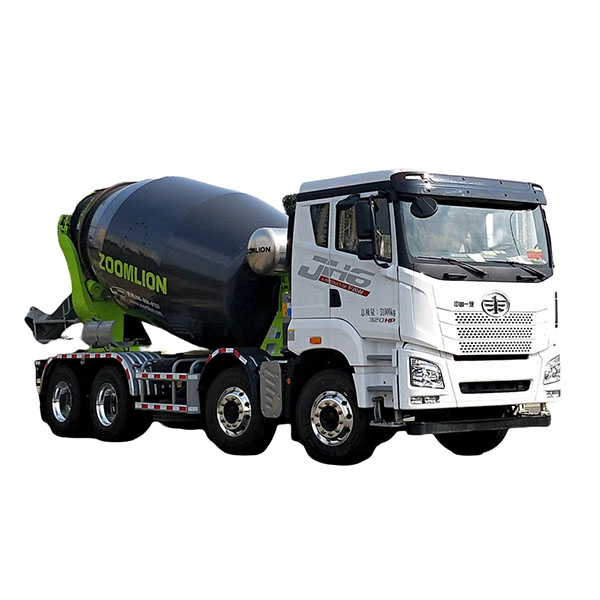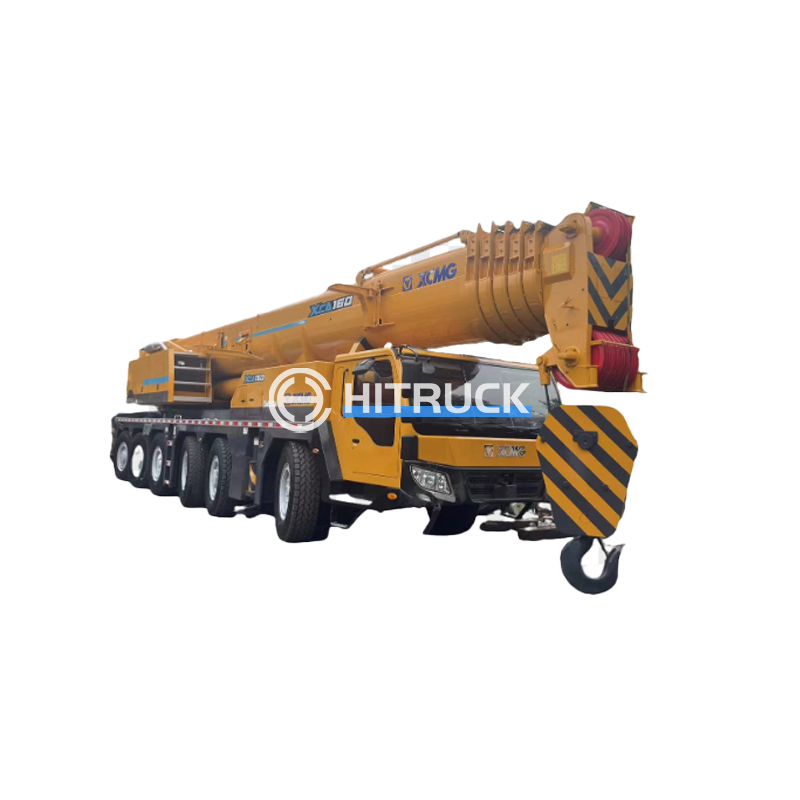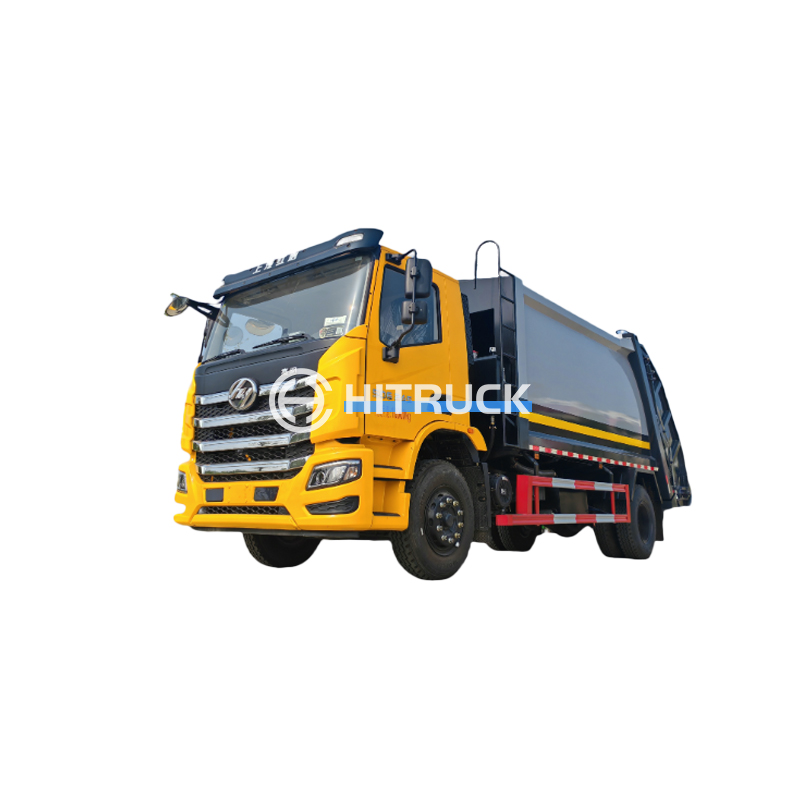This comprehensive guide explores the world of tankers, covering various types, applications, and considerations for choosing the ideal tanker for your specific needs. We'll delve into the technical aspects, safety regulations, and operational factors to help you make an informed decision. Whether you're involved in the transportation of liquids, gases, or other bulk materials, this resource offers valuable insights into the complexities of tanker selection and management.
Road tankers are commonly used for transporting liquids and gases over shorter distances. Their size and maneuverability make them suitable for various applications, from delivering fuel to transporting chemicals. The choice of material (stainless steel, aluminum, etc.) depends on the cargo being transported. Safety features like pressure relief valves and emergency shut-off systems are crucial for road tankers. Regulations governing their operation vary by region, so compliance is essential.
Rail tankers offer a cost-effective solution for transporting large volumes of liquids over longer distances. These tankers are typically constructed from robust materials to withstand the stresses of rail transport. They are frequently used for transporting petroleum products, chemicals, and other hazardous materials. Similar to road tankers, rigorous safety standards and adherence to regulations are paramount.
Marine tankers are large vessels designed for transporting bulk liquid cargo across oceans and seas. These range from small coastal tankers to massive Very Large Crude Carriers (VLCCs). The size and design vary greatly depending on the type of cargo and the intended route. International maritime regulations, such as those set by the International Maritime Organization (IMO), govern the construction, operation, and safety standards for marine tankers. For those seeking the most efficient and cost effective transportation solutions, marine tankers are often a preferred option. For larger scale operations, understanding the complexities of marine transport is key to selecting the right tanker.
Selecting the appropriate tanker requires careful consideration of several factors. These include:
Regular maintenance is vital for ensuring the longevity and safety of any tanker. This includes scheduled inspections, cleaning, and repairs. Strict adherence to safety protocols and regular training for operators are crucial for preventing accidents and environmental damage. Investing in advanced safety features and technologies can enhance the safety profile of tanker operations significantly.
Choosing a reliable supplier is critical for a successful tanker acquisition. Factors to consider include the supplier’s reputation, experience, and after-sales service. For heavy-duty tanker needs, consider contacting a reputable dealer with extensive experience in the transportation industry. For example, if you're operating in China and need trucks and related equipment, Suizhou Haicang Automobile sales Co., LTD https://www.hitruckmall.com/ may offer suitable solutions. Always thoroughly research potential suppliers before making a decision.
| Tanker Type | Typical Cargo | Distance Suitability |
|---|---|---|
| Road Tanker | Fuel, Chemicals, Food Products | Short to Medium Distances |
| Rail Tanker | Petroleum Products, Chemicals | Medium to Long Distances |
| Marine Tanker | Crude Oil, Petroleum Products, Chemicals | Long Distances (Oceanic) |
Remember to always prioritize safety and regulatory compliance when working with tankers.












